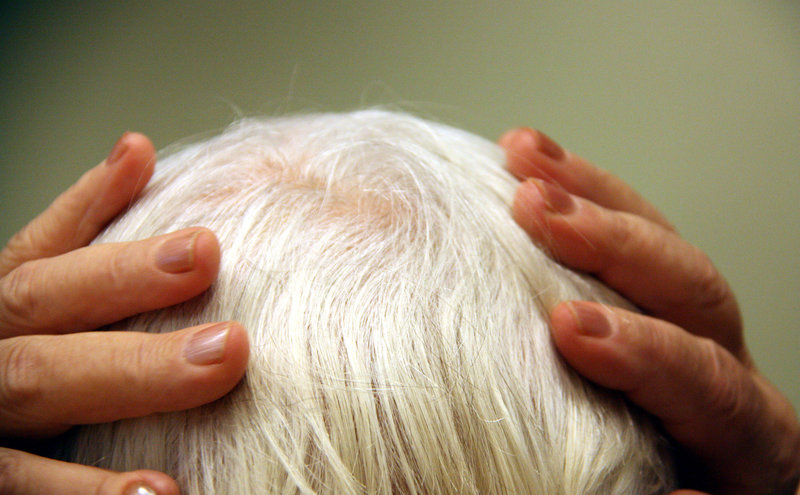Opinion
Alzheimer’s: involving patients in early detection
Why, if we control our blood pressure, sugar levels and cholesterol on a regular basis, do we never test our memory? Examining our cognitive abilities regularly will help healthcare professionals improve early diagnosis and prevention of cognitive impairments while we still have time to do something about it. Obviously then, one of the challenges we face as a society is to change this reality and make people aware of the importance of monitoring memory.
With this objective in mind, our institution has set up initiatives such as the Open Doors Conference, aimed at people over 55 years of age who, voluntarily, wish to have their memory assessed, along with their use of language and other cognitive functions. Also on a European level, we lead the MOPEAD project (Models of Patient Engagement for Alzheimer’s Disease), whose main purpose is to generate and detect systems of involvement and participation of patients in the diagnosis of the disease.
Early diagnosis
Indeed, prediction and early detection are the main lines for which the experts have opted for in recent years, as it is in the early stages of Alzheimer’s when we are able to intervene more effectively in the neurodegenerative process that the disease presents. By incorporating memory checks into our health habits, it would also allow us to identify unknown cases and explore new pathways and therapeutic interventions to halt the illness.
It should be remembered that those people who are diagnosed in the early stages of this disease are living through a period in which their cognitive faculties enable them to remain active, decide on their heritage, who will be their legal guardian or about how and where they wish to live during the advanced phases of the disease. To be able to decide freely, and with our powers intact, about our future is something we must not ignore
Early diagnosis would also allow us to reduce the suffering of patients and for their carers, to intervene and do so in time, and reduce the economic cost that the disease generates in the health and welfare system. We should not put off a question that seems to be essential: Alzheimer’s implies a very high cost, which not only affects us on an economic scale, but also socially, emotionally and culturally, not forgetting that we anticipate that it will become more prevalent coming years
Alzheimer’s is, then, a global problem and not just for the people who suffer from it. That is why it is the responsibility of all of us to become involved and work together so that we can minimize its impact while continuing to devote all our efforts into the research that, we have no doubt, is the only way to end the illness.

